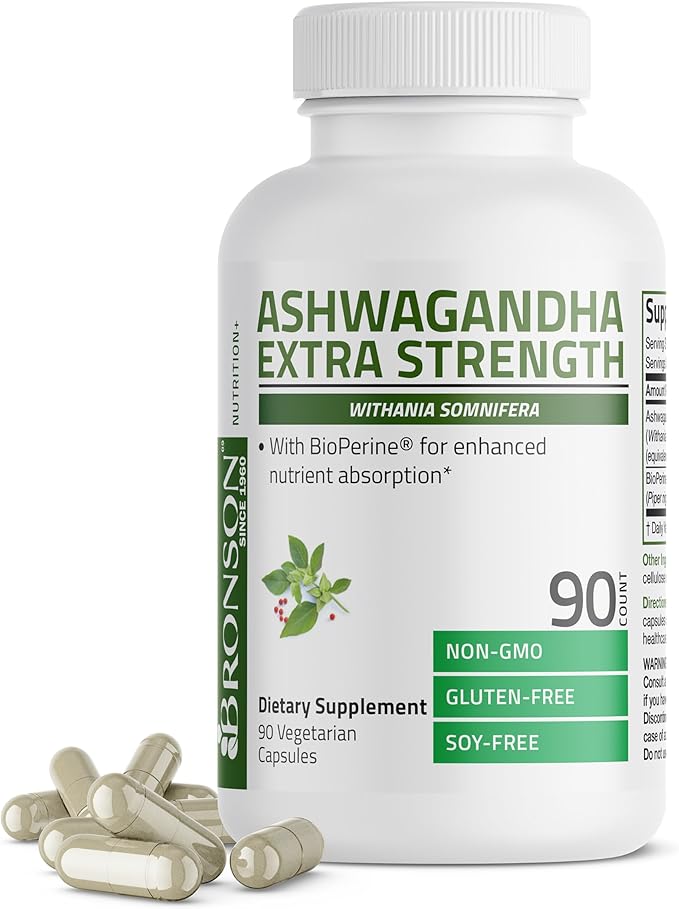Can you take Alpha Linolenic Acid and Barberry together?
Interaction Details
Taking Alpha Linolenic Acid and Barberry together has the potential for good synergy, suggesting a rating of 4 out of 5.
Alpha Linolenic Acid (ALA), an omega-3 fatty acid, and Barberry, which contains berberine, may interact synergistically through their combined effects on cardiovascular health and inflammation. ALA has been shown to support heart health by reducing inflammation and improving lipid profiles. Berberine, found in Barberry, has been demonstrated to have cardiovascular protective effects, including lowering cholesterol levels and improving blood sugar regulation. The combination of these two supplements may enhance their individual benefits, with ALA's anti-inflammatory properties potentially complementing berberine's effects on metabolic health. This synergistic relationship could lead to amplified benefits for cardiovascular health, with the potential for improved lipid profiles, reduced inflammation, and enhanced overall well-being.
Potential Benefits
Potential Risks
Alpha Linolenic Acid
Alpha-Linolenic Acid (ALA) is an omega-3 fatty acid found in plant-based foods such as flaxseeds and walnuts. It is considered an essential fatty acid because the human body cannot produce it on its own.
Some benefits of ALA include supporting heart health and reducing inflammation.
Barberry
Barberry is a supplement made from the fruit, bark, or root of the barberry plant, rich in berberine, with potential medicinal properties.
